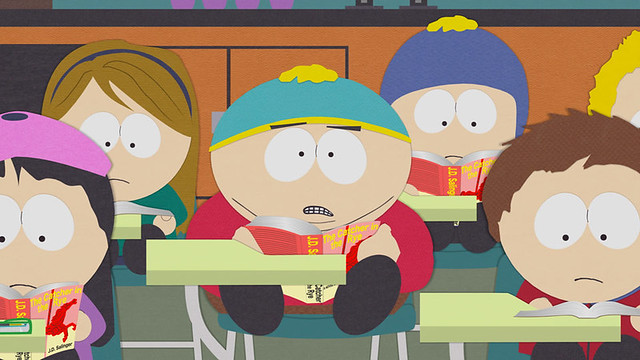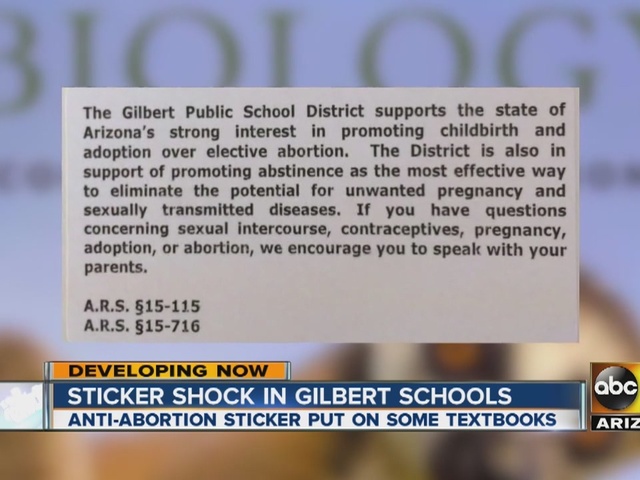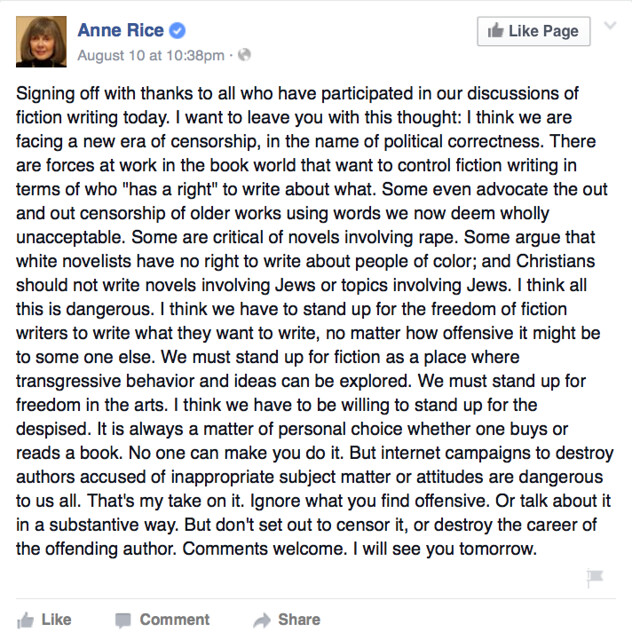You Can’t Read That! is a periodic post featuring banned book reviews and news roundups.

YCRT! Mini-Rant
Here’s a Bookriot editorial on the overuse of scare phrases like “book banning.” Wait a minute! I use the phrase, but (I like to think) carefully and with intent. Here’s my rationale, paraphrased from earlier YCRT! posts:
I find I have to explain my use of the word “banned” every so often. My position is that any time someone tries to restrict access to a book in order to prevent people from reading it, that’s banning … even if the ban affects only one school, library, or bookstore, and the book can be found elsewhere.
The US Post Office once officially banned Henry Miller’s Tropic of Cancer. People would argue it wasn’t really banned, because you could always hop on an ocean liner, go to Paris, and buy a copy there.
We hear the same argument today. “So your teacher can’t assign Sherman Alexie’s The Diary of a Part-Time Indian, and it isn’t on the shelves in the school library? So what? You can still get a copy on Amazon, can’t you?”
The problem is school districts in several states have bowed to those who want to control what others read and taken books away to prevent students from reading them. This is book banning.
Merriam-Webster backs me up on my assertion that banning, however localized, is still banning. This is a usage example from M-W’s entry on the word ban: “The school banned that book for many years.”
I rest my case (until next year, when I’ll have to post this again).
YCRT! News Roundup:

An argument against the use of Howard Zinn’s A People’s History of the United States as a text in high school history classes. Here’s a YCRT! review of A People’s History, if you’re interested in my take.
Patriotic parents combat creeping sharia in Florida schools.
In an earlier post I mentioned a scary poll showing increasing public support for book banning. This article goes into more detail on the poll and its results.
South Carolina high school principal caves, pulls Courtney Summers’ Some Girls Are from a summer reading list after a single parental complaint, bypassing his district’s book review policy.
Another principal caves to parental complaints, pulling Mark Haddon’s The Curious Incident of the Dog in the Night-Time from a Tallahassee, Florida high school summer reading list, end-running school district policy. Here’s a more in-depth look at the banning of the book in Tallahassee and elsewhere.
This is a little different: residents of Pleasant Grove, Utah asked the city council to remove R-rated movies from the public library, but for now at least the council has decided not to interfere in library decisions. There are only eight R-rated movies in the library’s catalog, and patrons under the age of 18 can’t check them out anyway.
Every now and then I see a Facebook post that isn’t just a photo of someone’s cat:
It’s easy to scoff at the college campus trigger warning zealots, but what if administrators use student complaints as an excuse to fire tenured professors they don’t like but can’t get rid of by other means?
I’ve been keeping an eye on a book-banning organization called Safe Libraries, which in addition to attacking books frequently goes after public libraries and the American Library Association with trumped-up charges about librarians encouraging patrons to surf child porn sites on library computers. The charges are false, but Safe Libraries makes a lot of noise, even sending speakers out on the road to rile up communities with scary slide shows about the dangers of local libraries. I think (but admit I don’t know) that Safe Libraries is behind a recent attempt to shut down a public library in Orland Park, Illinois.
Some incoming Duke University freshmen refused to read a summer assignment, Alison Bechdel’s graphic novel Fun Home, citing “deeply-held religious beliefs.” Fine with me, as long as they don’t insist other students can’t read it either.

Now I have to go and read this! Maybe I’ll suggest it to MY book club (Wild Women (mostly current/former HHH gals))
Great piece. What the book banning contingent really wants to do is ban thinking because, heaven forbid, ya know reading can, gasp, lead to thinking. The way you learn to love good books is you read enough bad books and good or bad all books should be available. When I was a kid my mother got called into school because the school librarian whined that I kept trying to borrow “inappropriate” books. I was just interested in the books that seemed interesting to me not what was “age appropriate”.
Paul, SafeLibraries is not a “book-banning organization.” I’m not “attacking books.” I don’t “frequently go[] after public libraries and the American Library Association with trumped-up charges.” Librarians are not “encouraging patrons to surf child porn sites on library computers.” It is not a “scary slide show[] about the dangers of local libraries.” No one is “attempt[ing] to shut down a public library in Orland Park, Illinois,” let alone just myself.
Why don’t you ask me questions and get answers before simply publishing absolutely false information? The false information does not improve your story any, let alone your credibility.
The Orland Park Public Library, for example. It allowed child porn, covered it up for years, attacked whistleblowers who exposed it even using gay slurs, and still to this day makes child porn available. Am I not allowed to write how the library is violating various laws, including in the eyes of the courts and the state’s Attorney General? Should I stay silent while my gay friend is attacked as a fruit and ALA uses this homophobic person to teach others how to thwart child porn investigations with homophobia? Really, Paul, what should I do? Nothing, like everyone else, and just let the criminality and the homophobia fester and spread?
SafeLibraries recently posted…Code of Conduct for NJLA Conference